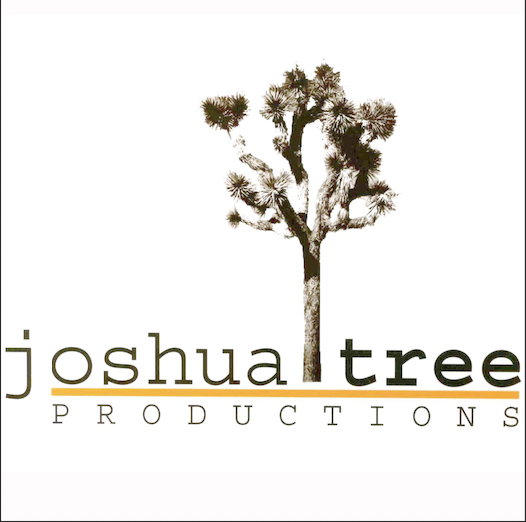God As We Understand Him
This documentary explores the spiritual underpinnings of A.A., focusing on how people of different faiths and creeds work the 12 Steps.
Purpose
The purpose of this project is to address religious and spiritual issues faced by persons in recovery. Many who enter the rooms of recovery have no faith in God, others are cynical about religion, and still others believe that A.A. and other 12 Step groups are, themselves, religious cults. God as we understand Himreveals how recovering alcoholics work the Twelve Steps, regardless of their particular faith or creed.

Project Description
Alcoholics with a wide variety of belief systems have the chance to discuss their experiences with A.A. Represented faiths include Catholicism, Protestantism, Judaism, Islam, Buddhism, and Hinduism, Religious Science, Unitarian Universalism, Setianism, Atheism, and various forms of Agnosticism. Others reject organized religion but consider themselves spiritual in some sense, whether Pagan-Druid, Native American, or followers of various other spiritual teachings. What role do their personal understandings of God play in their recovery? How has the Twelve Step process transformed their lives and belief systems? What about A.A. members who are Agnostic or Atheist? Have they come to believe that God exists? Have they been able to work the Twelve Steps without any concept of God? If so, what concepts do they use to replace the “God” concept?
Is A.A. religious or cult-like?
How can “God” be understood through diffferent faith persepectives?
Prestigious historians & scholars, psychiatrists, counselors & clergy

Background
A recent study by the University of Michigan’s Addiction Research Center only reinforces what A.A. has known for over 70 years: spiritual growth and an enhanced sense of purpose in life increase a person’s chances of success at long term recovery from addiction (Elizabeth Robinson, Ph.D, 2007). The Twelve Steps provide an ethical code and a way of life for around two million active Alcoholics Anonymous (A.A.) members in about 130 countries around the world, in addition to millions of other members of Twelve Step programs based on the same philosophy. A.A. was founded in 1935, as an outgrowth of a first century Christian spiritual movement, known then as the Oxford Group and later as Moral Rearmament. A.A.’s split from this group is reflected in their Twelve Steps and Twelve Traditions, which were crafted to include people of all different faiths, albeit an underlying emphasis on faith in some form of Higher Power remains a fundamental component of the Twelve Step movement.
The highest courts in New York, California, & other states, have ruled that compulsory attendance at A.A. meetings is a violation of the First Amendment’s Establishment Clause, due to A.A.’s “religiousness.” However, there are important distinctions between “religious” and “spiritual” that the Constitution does not recognize. Are alternative “secular” programs necessary, or is A.A. flexible enough for even the most rational of humanists? In a society shared by people of different faiths and people who claim no faith at all, this documentary offers answers to the myriad doubts and concerns that block so many souls from a path to recovery.
Notes:
- In keeping with A.A.’s 11th Tradition, interviews with members of A.A. and other Twelve Step programs are kept anonymous (no faces or names).
- The objective is to present a fair and balanced account of the spiritual components of Alcoholics Anonymous. As such, every attempt is being made to present the full spectrum of viewpoints. As with any discussion involving faith and religion, this topic must be handled with sensitivity and respect for all viewpoints.
- In the director’s personal opinion, A.A. and other Twelve Step programs should be applauded for their invaluable contributions to society in the field of addiction recovery. Critical perspectives should be considered constructive. It is the director’s hope that this documentary will be an important contribution to the body of knowledge that aids in overcoming addictive behaviors.
My Spiritual Journey Through A.A.
– Written by Joshua Gippin
Read
The Making of God as We Understand Him
Read
Notes & Disclaimers:
* Remember, A.A.’s founding is celebrated each year in Akron, Ohio on the weekend closest to June 10th.
Come and join us in the festivities!
Register at www.akronaa.org/foundersday
* Note: To keep their anonymity, A.A. members are filmed from the neck down.
* Please note that this project is neither endorsed, sponsored, nor affiliated with Alcoholics Anonymous World Services, Inc., nor with any other 12 Step organization in any way. Joshua Tree Productions is a completely independent media producer.
Whether you’ve come to watch a documentary or to consider producing one with me, thank you for visiting our site!
Contact
Phone
+1 (330) 573-9104
info@joshuatreevideo.com

